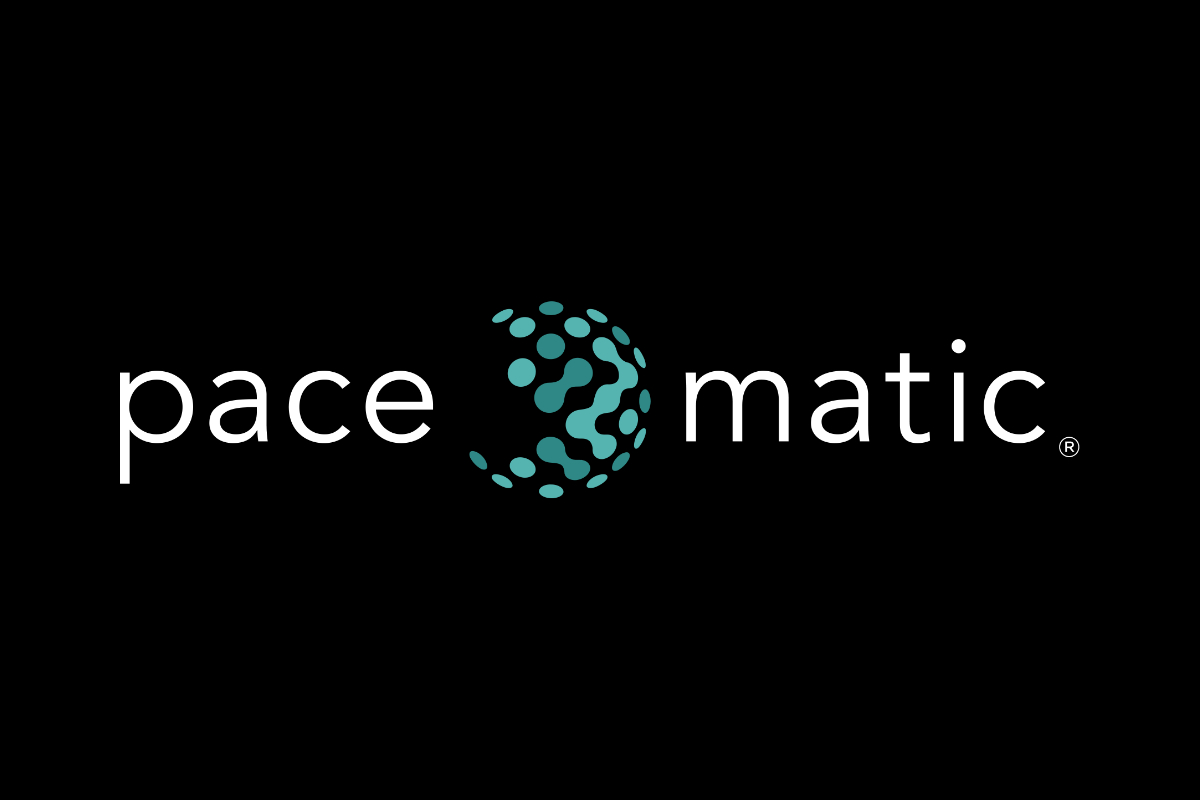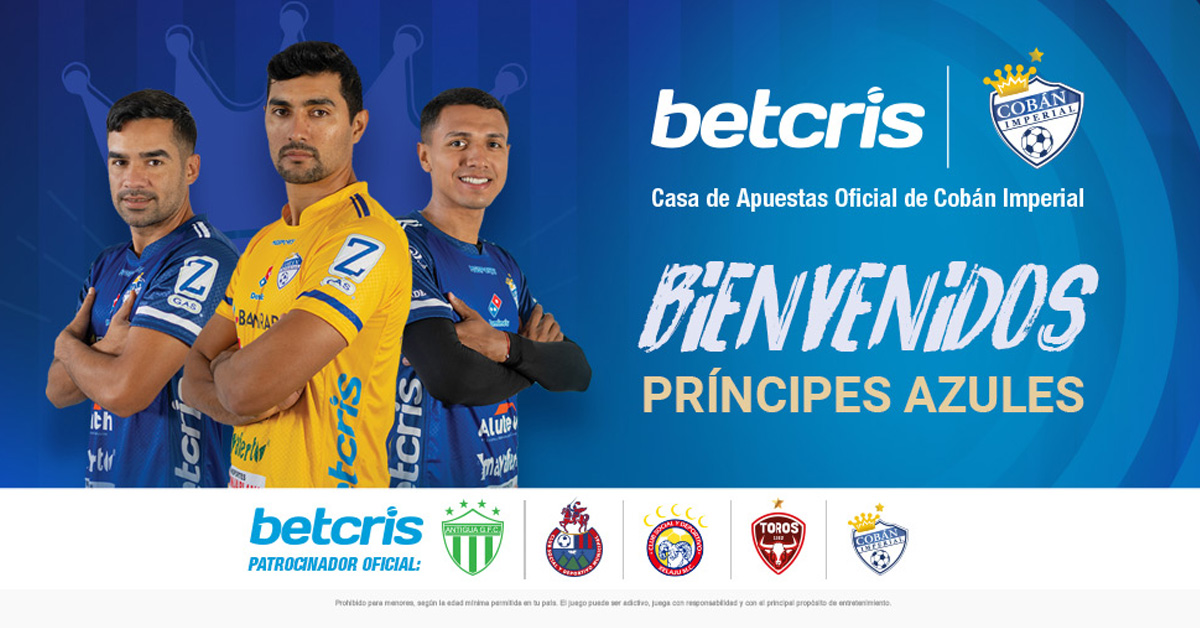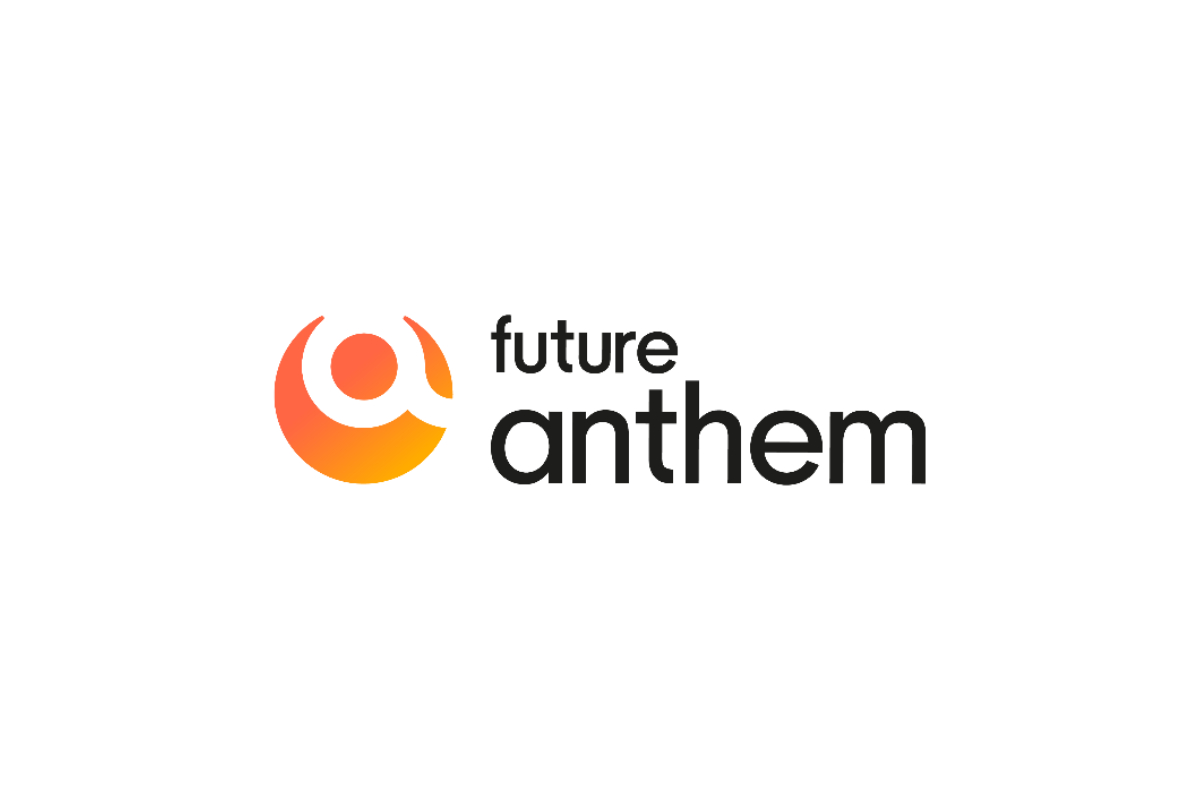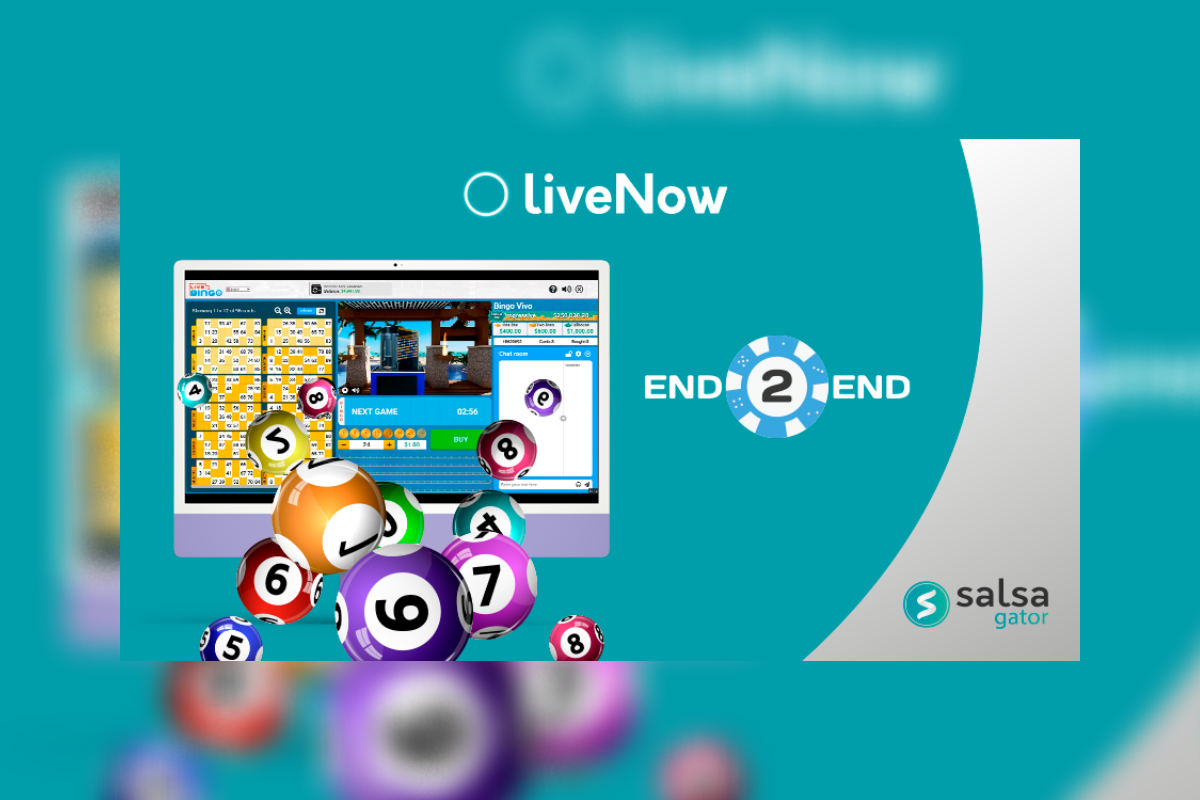
Pace-O-Matic Announces Major Fraud Suit Against Prominent Pennsylvania Law Firm
Pace-O-Matic (POM), a Georgia-based gaming company that does significant business throughout Pennsylvania, announced a major fraud claim against one of Pennsylvania’s most prestigious law firms.
The lawsuit alleges that Eckert Seamans Cherin & Mellott, LLC, a Pennsylvania-based law firm deceived its client, POM, by taking millions of dollars to represent the gaming company, while at the same time representing a Pennsylvania casino that opposed POM’s operations in the Commonwealth and launched lawsuits against POM. When confronted with the conflict of interest, Eckert first denied the conflict, then swore to a Federal District Court they would not engage in a conflict, then continued to work surreptitiously against POM and POM’s interests.
“Make no mistake about it, Eckert engaged in an egregious conflict of interest where they unethically pitted one client against another,” said Michael Barley, POM’s Chief Public Affairs Officer. “This case and record are clear, and we are hopeful the courts will right the damage that Eckert and its agents have inflicted upon POM, its customers, and countless Pennsylvanians.”
Eckert is a major law firm that has more than 300 lawyers across a network of 15 offices, including Philadelphia, Harrisburg, Pittsburgh, Boston, Washington, DC, and Richmond, VA.
The lawsuit contends that Eckert “took up arms” against POM on behalf of the Philadelphia-based Parx Casino; that Eckert “actively participated in and covertly manipulated litigation” in Pennsylvania Commonwealth Court adverse to POM’s interests; and that Eckert participated in a campaign intended to “destroy POM’s business by attempting to convince elected and appointed public officials that POM’s games are gambling devices that should be seized and outlawed.” In particular, Eckert used its influence to improperly target the Pennsylvania Gaming Control Board.
When confronted by POM’s allegation that Eckert was double-dealing and had breached its professional duties of loyalty and confidentiality, Eckert denied the claim, while seeking to shield the law firm’s emails with the Parx Casino which would, if made public, reveal that numerous lawyers at Eckert, led by Mark Stewart, co-chair of Eckert’s gaming practice group, were indeed simultaneously taking money from and representing the Parx Casino.
Parx Casino calls itself “the #1 casino in Pennsylvania” and is owned and operated by Greenwood Racing Inc.
Eckert, working at the behest of Parx Casino and its consultants, sought to block Pace-O-Matic from doing business in Pennsylvania.
The suit also alleges that Eckert “violated their most basic fiduciary duties and concealed and misrepresented material facts to POM’s great detriment. As a result, POM is entitled to appropriate damages.
In November 2021, US Magistrate Judge Joseph Saporito, Jr. found that Eckert acted in “bad faith” by seeking to withhold emails that demonstrated Eckert was representing both sides.
Eckert, Saporito ruled, “actively and clandestinely managed and participated in the representation of Parx in the Commonwealth Court litigation against its other client, POM. Moreover, based on our in camera review of the purportedly privileged documents, it did so with full knowledge that the conflict asserted by POM precluded its active and continuing representation of Parx in the Commonwealth Court litigation.”
Saporito continued, “in light of the clear and obviously intentional subterfuge demonstrated in the purportedly privileged documents, we have no difficulty concluding that these documents evidence an intent by Stewart and Eckert to play fast and loose with the courts”.
Eckert appealed Jude Saporito’s ruling, which required Eckert to turn over to POM many internal emails. On July 5, 2022, Federal Judge Jennifer P. Wilson ruled for POM, declaring, “in making inconsistent representations to the court, Eckert has attempted to obstruct the discovery process as to the central issue in this case: whether Eckert breached its fiduciary duty to POM by representing Parx, a party with adverse interests, at the same time that it represented POM.”
POM is a leading developer of legally compliant games of skill in the United States. Its games are played in thousands of small restaurants and bars, along with many social halls such as American Legion and Veterans of Foreign War posts. Our games generated millions of dollars in revenue for businesses and clubs in Pennsylvania last year and its games can be found in thousands of businesses, mostly small mom and pop shops, along with many social halls.










